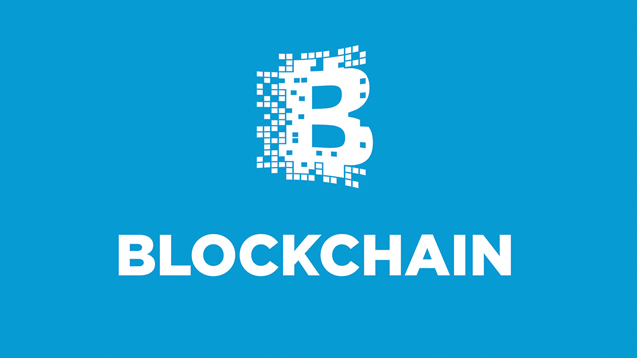Experimental songwriter Imogen Heap has praised the potential of blockchain technology, saying it could help the music industry ‘join the dots’ to create a global music database.
Addressing the inaugural PRS for Music Explores Blockchain event held at the society’s London HQ yesterday (20 April), she said: ‘Blockchain is about trying to get us all to connect the dots and lose the ownership problem so we create an open global music database, which I feel the whole industry needs.’
Heap, whose Tiny Human track was the first ever music release to harness the disruptive technology, continued: ‘I’ve been working as a musician for 20 years and I’ve been extremely irritated by the opacity in the industry.
‘When I heard about blockchain I got very excited because I felt it could be a catalyst for the music industry, not just to answer the question of transparency but the bigger question of an open, global music database and how things can link together.’
The technology, although still in its infancy, could allow data to be encrypted into digital music files, publicly associating them with the correct rightsholders in real time. It could also track usages of songs and has been embraced by digital experts who believe it could solve many issues across the online music food chain.
Benji Rogers, PledgeMusic founder and chief strategy officer, said he agrees with Heap’s vision for blockchain.
He’s been involved in a new prototype that’s set to launch in eight weeks and told the panel he hopes the entire music industry will one day connect to a blockchain that allows every collecting society, publisher, record label and artist to align their records.
‘So, when an artist is working in the studio they can enter some basic data and send on a file – the container – which would have the music, plus persistent information on how to contact and pay the creator – and we’ll all be able to see that,’ he explained.
‘Because in the blockchain you are continually amending forward, you are adding the best data you possibly can – and it’s added everywhere. So if a dispute arises across five parties, have the fight in the way you traditionally would, but when you resolve the argument, you are resolving every record of it.’
The PRS for Music Explores Blockchain panel was chaired by Graham Davies, PRS for Music’s director of strategy and digital, and also included Alan Graham, founder of One Click Licensing, tech entrepreneur Phil Barry, Mark Douglas (PPL), Keith Hill (PRS for Music) and Internet Music’s Thor Petterson.
Read more M coverage from the event here:
Music rights expert calls for blockchain caution
Blockchain can help combat music piracy, expert says
Blockchain can fuel music industry growth, says artist manager
Addressing the inaugural PRS for Music Explores Blockchain event held at the society’s London HQ yesterday (20 April), she said: ‘Blockchain is about trying to get us all to connect the dots and lose the ownership problem so we create an open global music database, which I feel the whole industry needs.’
Heap, whose Tiny Human track was the first ever music release to harness the disruptive technology, continued: ‘I’ve been working as a musician for 20 years and I’ve been extremely irritated by the opacity in the industry.
‘When I heard about blockchain I got very excited because I felt it could be a catalyst for the music industry, not just to answer the question of transparency but the bigger question of an open, global music database and how things can link together.’
The technology, although still in its infancy, could allow data to be encrypted into digital music files, publicly associating them with the correct rightsholders in real time. It could also track usages of songs and has been embraced by digital experts who believe it could solve many issues across the online music food chain.
Benji Rogers, PledgeMusic founder and chief strategy officer, said he agrees with Heap’s vision for blockchain.
He’s been involved in a new prototype that’s set to launch in eight weeks and told the panel he hopes the entire music industry will one day connect to a blockchain that allows every collecting society, publisher, record label and artist to align their records.
‘So, when an artist is working in the studio they can enter some basic data and send on a file – the container – which would have the music, plus persistent information on how to contact and pay the creator – and we’ll all be able to see that,’ he explained.
‘Because in the blockchain you are continually amending forward, you are adding the best data you possibly can – and it’s added everywhere. So if a dispute arises across five parties, have the fight in the way you traditionally would, but when you resolve the argument, you are resolving every record of it.’
The PRS for Music Explores Blockchain panel was chaired by Graham Davies, PRS for Music’s director of strategy and digital, and also included Alan Graham, founder of One Click Licensing, tech entrepreneur Phil Barry, Mark Douglas (PPL), Keith Hill (PRS for Music) and Internet Music’s Thor Petterson.
Read more M coverage from the event here:
Music rights expert calls for blockchain caution
Blockchain can help combat music piracy, expert says
Blockchain can fuel music industry growth, says artist manager


